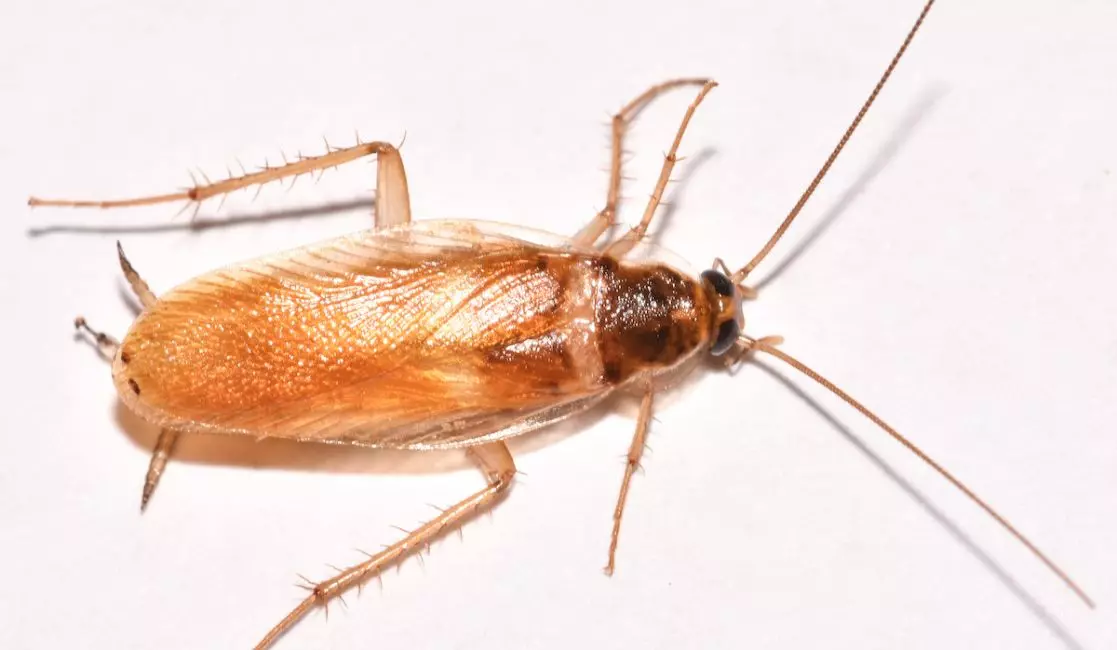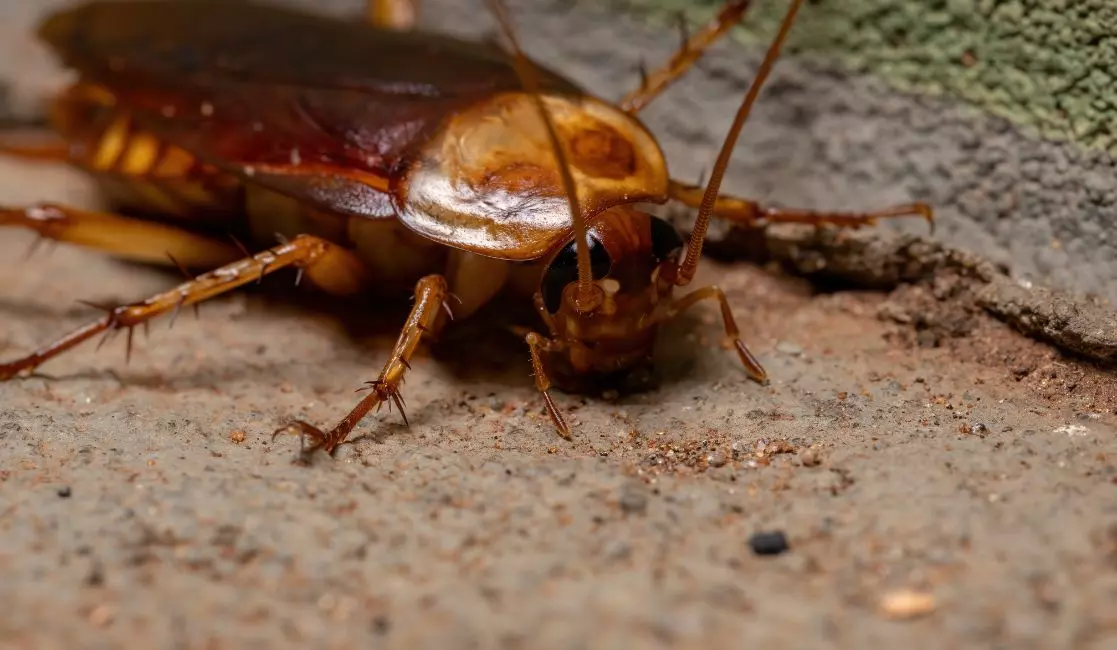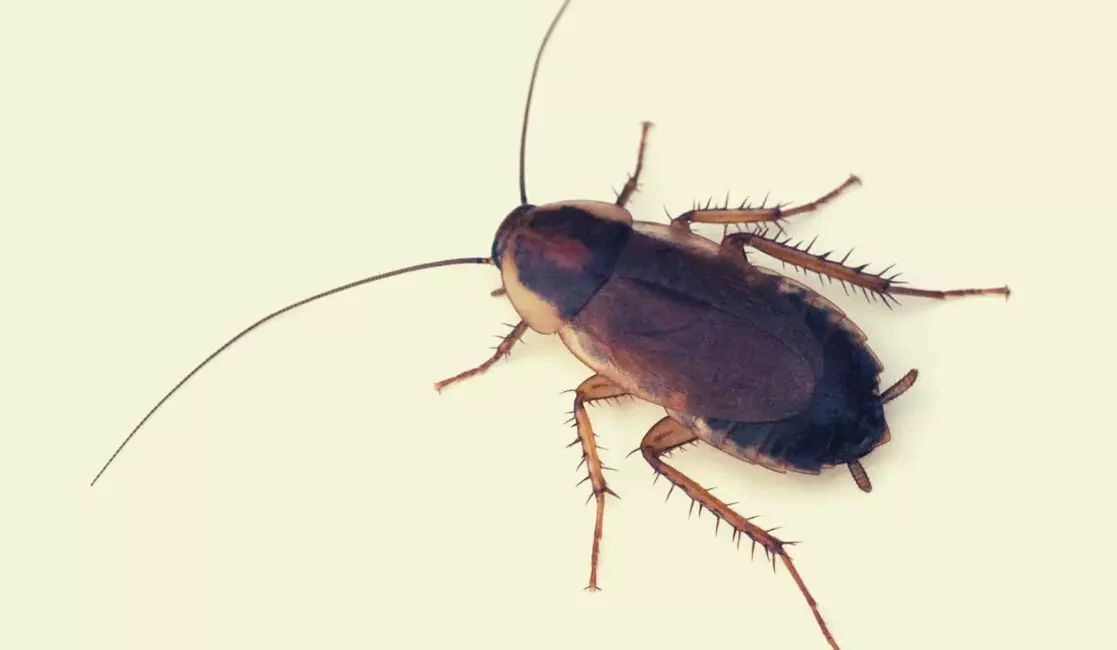Cockroach Control & Extermination Services in Oshawa & Whitby, ON
Prevention and extermination of cockroaches
Prevention:
Maintain Cleanliness:
- Keep your living spaces clean and free of food crumbs, spills, and garbage.
- Vacuum and sweep regularly, especially in kitchen and dining areas.
- Seal food in airtight containers.
Remove Water Sources:
- Fix any plumbing leaks promptly.
- Wipe down wet surfaces in bathrooms and kitchens.
Seal Entry Points:
- Identify and seal any cracks or openings around doors, windows, and walls.
- Ensure that screens on windows and doors are in good condition.
Declutter:
- Reduce hiding spots by minimizing clutter, especially in storage areas.
Treatment:
Baits:
- Use cockroach baits that contain insecticides. Place them in areas where cockroaches are likely to travel, such as along baseboards and in corners.
- Follow the instructions on the product carefully.
Insecticidal Sprays:
- Use insecticidal sprays in cracks, crevices, and other hiding places.
- Be cautious with the use of sprays in areas where food is prepared; opt for baits in such locations.
Diatomaceous Earth:
- Consider using food-grade diatomaceous earth in areas where cockroaches are active. This substance is a natural desiccant that can help dehydrate and kill insects.
Professional Pest Control:
- If the infestation is severe or persistent, consider hiring a professional pest control service.
- Professionals have access to stronger pesticides and can assess the situation more thoroughly.
Repeat Treatments:
- Cockroach eggs are resistant to many treatments, so multiple applications may be necessary.
- Follow-up treatments are crucial to ensure any remaining cockroaches or newly hatched ones are dealt with.
Important Tips:
Safety First:
- Always follow safety guidelines when using pesticides.
- Keep pets and children away from treated areas.
Identify the Species:
- Different species of cockroaches may require different treatments. Identify the specific type of cockroach you're dealing with for more effective control.
Consult with Professionals:
- If you are unsure about the severity of the infestation or the appropriate treatment, consult with a pest control professional.
Remember that maintaining a clean and hygienic environment is key to preventing cockroach infestations. Regular inspections and quick action are crucial for effective control.

How to you know if cockroaches are hiding in your living space
Droppings:
- Cockroach droppings resemble small, black, or dark brown pepper grains. You may find them in areas where cockroaches are active, such as in the kitchen, around food sources, or in hidden corners.
Odor:
- Cockroaches emit a musty, unpleasant odor. If you notice a persistent, strange smell in your home, it could be a sign of a cockroach infestation.
Egg Cases (Oothecae):
- Cockroach eggs are often encased in protective capsules called oothecae. These may be found in dark, hidden areas such as behind furniture, in cracks, or in cupboards.
Shed Skin:
- Cockroaches molt and leave behind shed exoskeletons. Finding these skins in hidden areas could indicate an infestation.
Nocturnal Activity:
- Cockroaches are most active at night. If you spot them scurrying around when you turn on the lights in the dark, it's a clear sign of their presence.
Stains and Smears:
- Cockroaches can leave behind stains and smears on surfaces as they navigate through your home. Check for dark marks on walls and baseboards.
Chewed or Damaged Items:
- Cockroaches may feed on a variety of materials, including paper, fabric, and even food packaging. Look for signs of damage to these items.
Nesting Sites:
- Cockroaches prefer dark, warm, and secluded areas. Check spaces such as behind appliances, under sinks, in cabinets, and around pipes for potential nesting sites.
Strange Sounds:
- In some cases, you may hear rustling or scuttling sounds in the walls or ceiling, especially during the night.
Visual Sighting:
- In severe infestations, you may see cockroaches during the day, especially if their hiding places are overcrowded.

The life cycle of cockroaches in Canada
Egg Stage:
- Female cockroaches lay eggs in protective cases called oothecae.
- The ootheca can contain multiple eggs and is often deposited in a hidden, sheltered location.
- The number of eggs in an ootheca and the time it takes to hatch vary among species.
Nymph Stage:
- After the eggs hatch, immature cockroaches, called nymphs, emerge.
- Nymphs resemble adult cockroaches but are smaller and lack wings.
- Nymphs go through several molting stages as they grow, shedding their exoskeletons each time.
Adult Stage:
- Once the nymph has completed its molting stages, it becomes an adult cockroach.
- Adult cockroaches have wings (although not all species are capable of sustained flight) and are capable of reproduction.
- The lifespan of an adult cockroach can vary, but it is typically several months to a couple of years, depending on the species.
Reproduction:
- Cockroaches are prolific breeders, and a single female can produce multiple oothecae during her lifetime.
- The frequency of reproduction and the number of eggs per ootheca depend on factors such as species, environmental conditions, and availability of food.
Environmental Factors:
- Temperature, humidity, and access to food play crucial roles in the development and survival of cockroaches.
- Warm and humid conditions are generally favorable for their growth and reproduction.
Species-Specific Differences:
- Different cockroach species may have variations in their life cycle. For example, the German cockroach (Blattella germanica) has a relatively short life cycle compared to the American cockroach (Periplaneta americana).

Do cockroaches carry or spread any known diseases?
Salmonellosis:
- Cockroaches can carry Salmonella bacteria, which can cause food poisoning. Contamination occurs when they come into contact with food or food preparation surfaces.
Dysentery:
- Cockroaches can be carriers of dysentery-causing bacteria, such as Shigella. Contact with contaminated surfaces can lead to infection.
Gastroenteritis:
- The pathogens carried by cockroaches can cause stomach and intestinal inflammation, leading to symptoms like diarrhea, nausea, and vomiting.
Allergies and Asthma:
- Cockroach droppings, shed skin, and saliva contain allergens that can trigger allergies and exacerbate asthma symptoms, particularly in sensitive individuals.
E. coli Infections:
- Cockroaches can pick up and spread E. coli bacteria, which can cause gastrointestinal illness in humans.
Listeriosis:
- While less common, cockroaches may carry Listeria bacteria, contributing to the risk of Listeriosis, a serious infection that primarily affects pregnant women, newborns, and individuals with weakened immune systems.

Integrated Pest Management of cockroaches in Canada
Integrated Pest Management (IPM) is a holistic and sustainable approach to pest control that combines various strategies to effectively manage and prevent pest infestations. Here's how you can apply IPM principles to control cockroaches in Canada:
1. Identification:
- Identify the cockroach species present, as different species may require different control methods.
- Determine the extent of the infestation and locate key hiding and breeding areas.
2. Sanitation:
- Maintain a clean living environment by regularly cleaning and removing food debris, spills, and crumbs.
- Seal and properly dispose of garbage, and minimize clutter that provides hiding spots.
3. Exclusion:
- Seal cracks, crevices, and entry points around doors, windows, and pipes to prevent cockroach entry.
- Repair any leaks promptly to eliminate water sources.
4. Monitoring:
- Use monitoring tools such as traps to assess the level of cockroach activity.
- Regularly inspect key areas like kitchens, bathrooms, and utility rooms.
5. Biological Control:
- Consider natural predators or parasites that may help control cockroach populations.
- Keep in mind that biological control may have limited effectiveness indoors.
6. Mechanical Control:
- Use physical methods, such as vacuuming or sticky traps, to remove cockroaches.
- Regular cleaning and maintenance can also be considered mechanical control.
7. Chemical Control:
- Use insecticides judiciously and in combination with other methods.
- Choose insecticides that are specifically labeled for cockroach control and follow application guidelines.
- Rotate or alternate insecticides to reduce the risk of resistance.
8. Education and Awareness:
- Educate residents or occupants about proper hygiene practices and the importance of cooperation in pest control efforts.
9. Regular Inspections:
- Conduct regular inspections to detect and address any new infestations promptly.
- Focus on areas where cockroaches are likely to hide, breed, or access food and water.
10. Professional Assistance:
- If the infestation is severe or persistent, seek the assistance of a licensed pest control professional.
- Professionals can provide targeted treatments and recommendations based on the specific circumstances.
11. Record Keeping:
- Maintain records of pest control activities, including inspection results, treatment methods, and outcomes.
Applying IPM principles requires a proactive and ongoing effort. By integrating these strategies, you can manage cockroach infestations more effectively while minimizing environmental impact and reducing the reliance on chemical treatments.
Why hire a professional to exterminate cockroaches?
Expertise and Experience:
- Pest control professionals have extensive knowledge of cockroach biology, behavior, and effective control methods. They can accurately identify the species and tailor their approach accordingly.
Customized Solutions:
- Professionals can assess the specific conditions of your home or property to develop a customized pest control plan. This includes identifying entry points, hiding spots, and the severity of the infestation.
Effective and Targeted Treatments:
- Pest control professionals have access to a range of effective insecticides and treatments that may not be available to the general public. They can apply these products strategically to maximize effectiveness while minimizing risks.
Integrated Pest Management (IPM):
- Professionals often use an integrated approach, combining various strategies such as sanitation, exclusion, and monitoring alongside chemical treatments. This comprehensive approach is more likely to provide long-term results.
Safety:
- Professionals are trained in the safe and proper use of pesticides. They follow regulations and guidelines to minimize risks to residents, pets, and the environment.
Time and Convenience:
- Exterminating cockroaches can be time-consuming and challenging, especially for large infestations. Professionals can efficiently address the problem, saving you time and effort.
Preventive Measures:
- Professionals not only eliminate existing infestations but also provide recommendations for preventive measures to reduce the likelihood of future problems.
Guarantees and Warranties:
- Many pest control companies offer guarantees or warranties for their services. This means that if the infestation persists after treatment, they may return to address the issue at no additional cost.
Access to Specialized Equipment:
- Pest control professionals have access to specialized equipment and tools that may be necessary for certain treatments, such as fogging machines or insecticide applicators.
Compliance with Regulations:
- Pest control professionals are familiar with local and national regulations regarding the use of pesticides. They ensure that treatments comply with these regulations.
Peace of Mind:
- Knowing that your pest problem is being handled by trained and experienced professionals can provide peace of mind. It reduces the stress associated with trying to handle a difficult infestation on your own.






